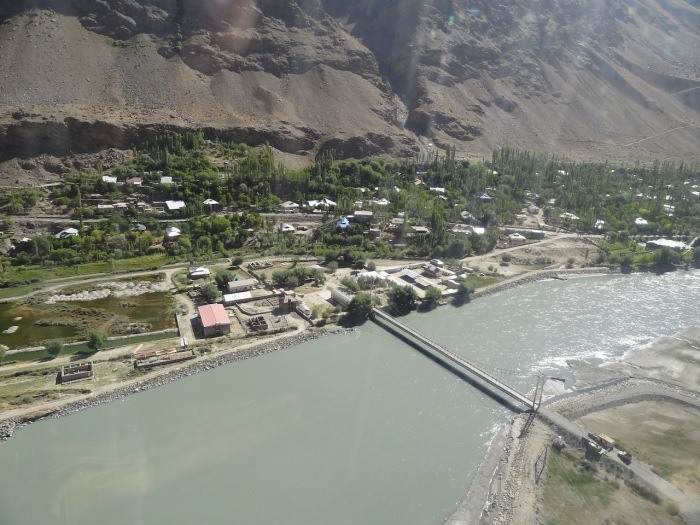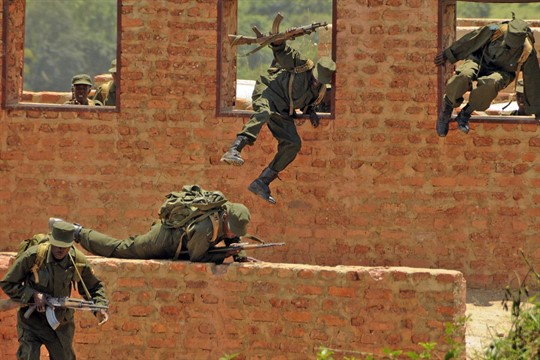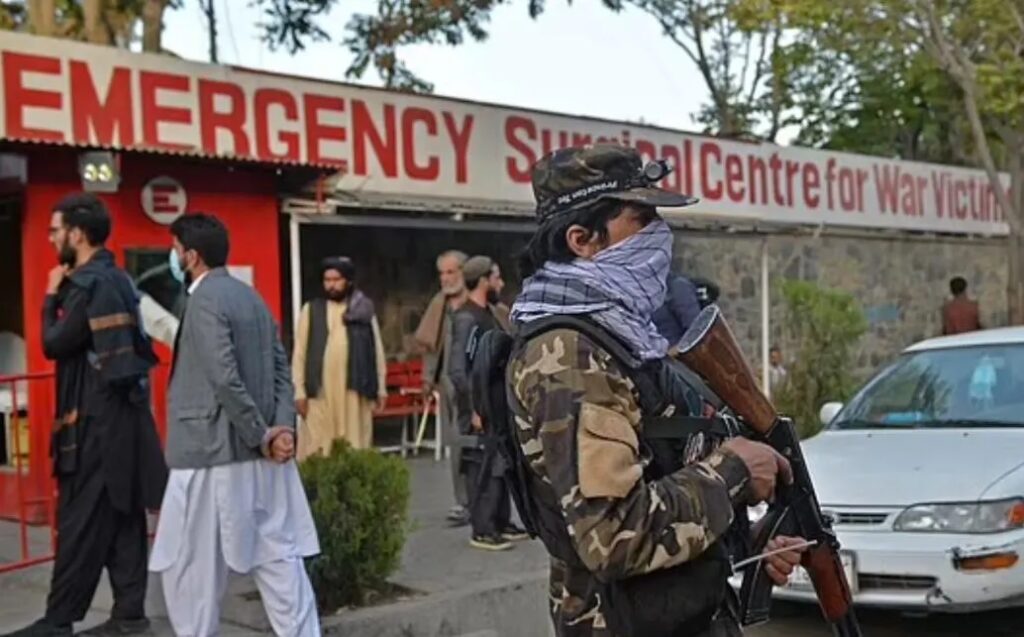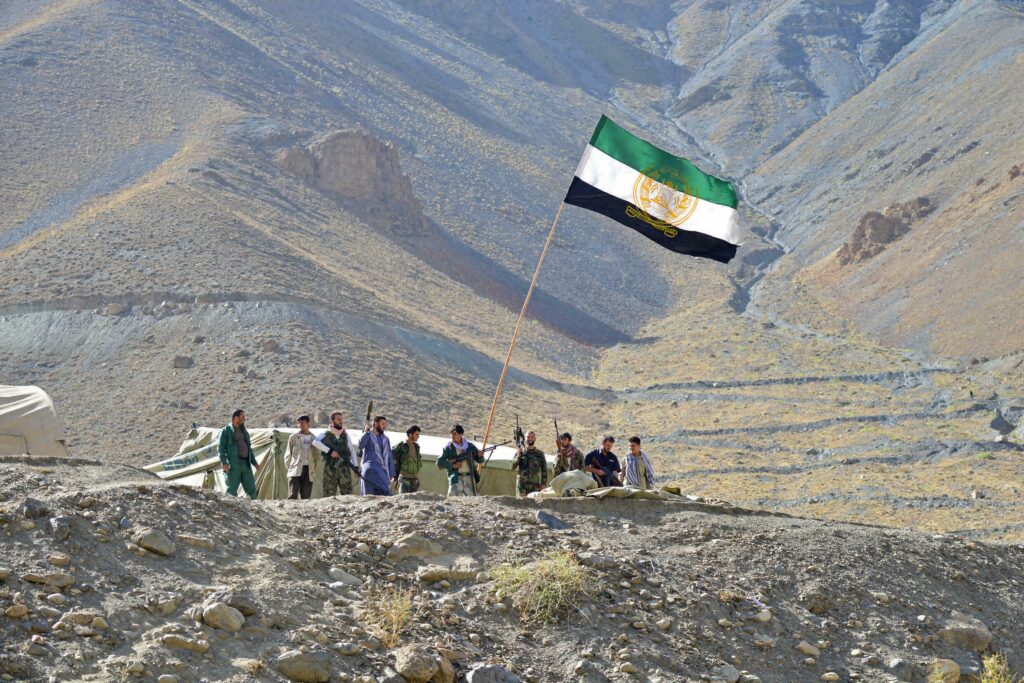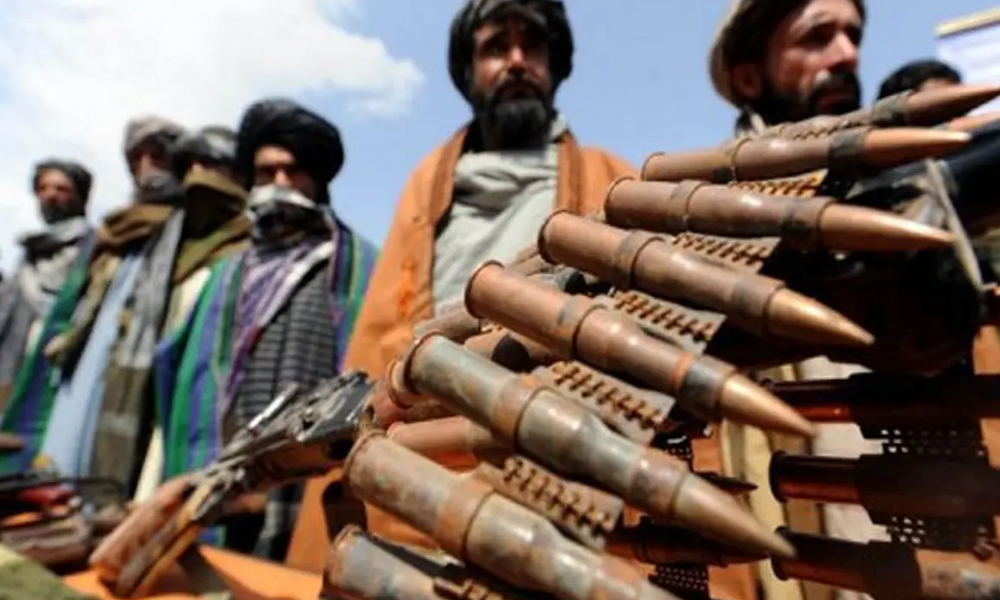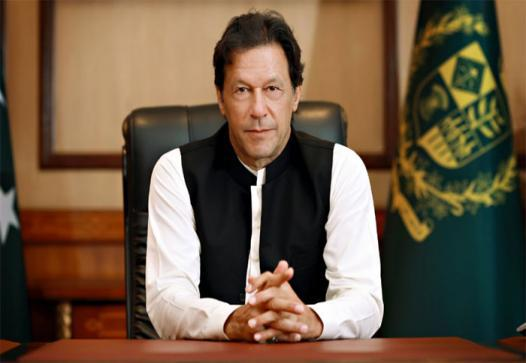Afghanistan: UN Chief Condemns ‘Horrific’ Attack At Kunduz Mosque
At least 100 worshippers have been killed or injured after a suicide bomber targeted a Shia mosque, in the northern Afghan city of Kunduz, according to news reports, during Friday prayers.
The UN chief condemned the “horrific” attack “in the strongest terms”, noting that it represents the third assault on a religious institution, in less than a week.

